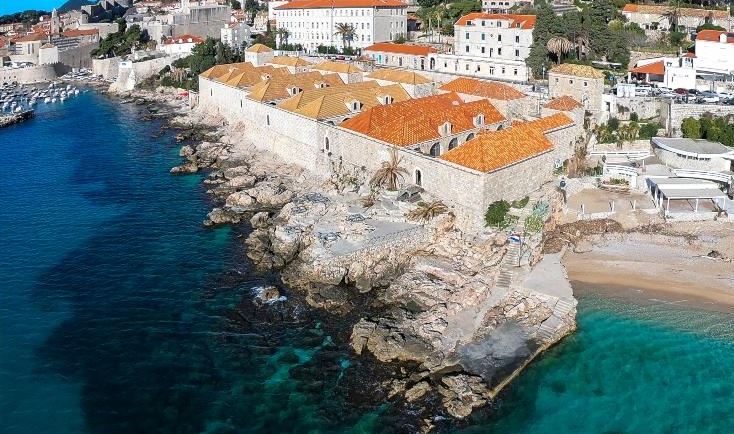
We’re only at a quarter away from the beginning of 2020—the last year of a decade. I’m confident that the word “coronavirus (COVID-19)” is very likely to be selected for “The Word of the Year for 2020.” The global impact of this pandemic is far and deep on our life physically, mentally, socially, economically, environmentally and even politically.
Since the outbreak was first reported in China last December, I’ve written about COVID-19 and its related subjects twice. (See “Wuhan Pneumonia” and “On Different Kind of Guns”) Not because COVID-19 is a disease permeating our media airwaves now, but because even when we get through this difficult time, our worldview will be forever distorted as a result of the dramatic development of this piece of human history.
Linguistically, the “stay at home” order in the English world (in German: #bleibzuhause / in French: #resterchezsoi) implies self compliance to distance oneself from other human beings who are not cohabiters under the same roof. In other words, social distancing does not apply to cohabitation, including our pets. Humans are social animals. That explains why animal shelters across the US are reporting upticks in fostering pets during the fallout of COVID-19.
I see the “stay at home” order in the West as a relaxed version of house arrest. Like those in Spain, pet owners in France are allowed to walk their dogs in their immediate neighborhood. Dog-walking even becomes a spontaneous money-making business in lockdown Spain—dogs are for rent in local classifieds sites just to give bored humans an excuse to get out of their confinement. A social media post has sparked viral humor that a dog was borrowed by neighbors and was taken out 38 times in one day.
China also implemented a “stay at home” order (in Chinese: 强制隔离, literally means “coercive isolation”) at the onset of COVID-19 in January. The top-down mandate was gradually relaxed in March as the country sees the infected COVID-19 cases declining. The degree of law enforcement in China then could be compared to, more or less, house arrest. House arrest is a legal terminology to describe the state of being kept as a prisoner in one’s own house. Chinese governments, from central to local levels, are serious about containing the infectious disease by all means. Regulations, fines, imprisonment, revocation and shame and blame, every measure you can think of has taken effect.
In my opinion, quarantine is a medical synonym for house arrest. For centuries, the rules of quarantine are unchanged, so is the public consensus about which contagious disease is a public health crisis. People have to stop the infections as quickly as possible through isolation, perhaps even solitary confinement. A recent article by AP about how Croatia’s Dubrovnik applied ancient quarantine measures in the 14th century has piqued my linguistic interest in the etymology of quarantine.
In the 14th century in Dubrovnik, an UNESCO heritage site in Croatia, travelers and tradesmen coming from regions affected with leprosy, plague or other diseases had to stay at least 20 days in isolation. The time limit was extended to 40 days, or “quaranta” in Italian, hence, giving the practice its future name.
The Venetian policy (first enforced in 1377) required keeping ships from plague-stricken countries waiting off its port for 40 days to assure that no latent cases were aboard. Also, earlier in English, the word “quarantine” meant “period of 40 days in which a widow has the right to remain in her dead husband’s house” (1520s), and, as quarentyne (15c.), “desert in which Christ fasted for 40 days,” from Latin quadraginta “forty.”
So back to modern days, if we are asked to “stay at home” for 15 days at least in response to curbing the spread of COVID-19, this order is much less draconian than our ancestors’ quarantine rules. The ordeal is not yet ended—both for now as we are looking around the four walls of our comfortable space of home (think about those homeless, though) and for the future as we ponder the lesson we learned from this world war of public health in the 21st century.
Accompanied with the German song of “stay at home,” I sympathize with COVID-19 victims and their loved ones. I’m grateful for the fighters from all walks of life in the frontline against the pandemic. Perhaps, COVID-19 is forcing humanity to respond, reflect and review what we deem as “normal practices” and “safe systems” are no longer working effectively. At least on my part, COVID-19 will give me a lot to think about linguistically.
“If you want to do a virtual tour of Croatia’s Dubrovnik, click here for Lonely Planet’s visual sensation and more.
